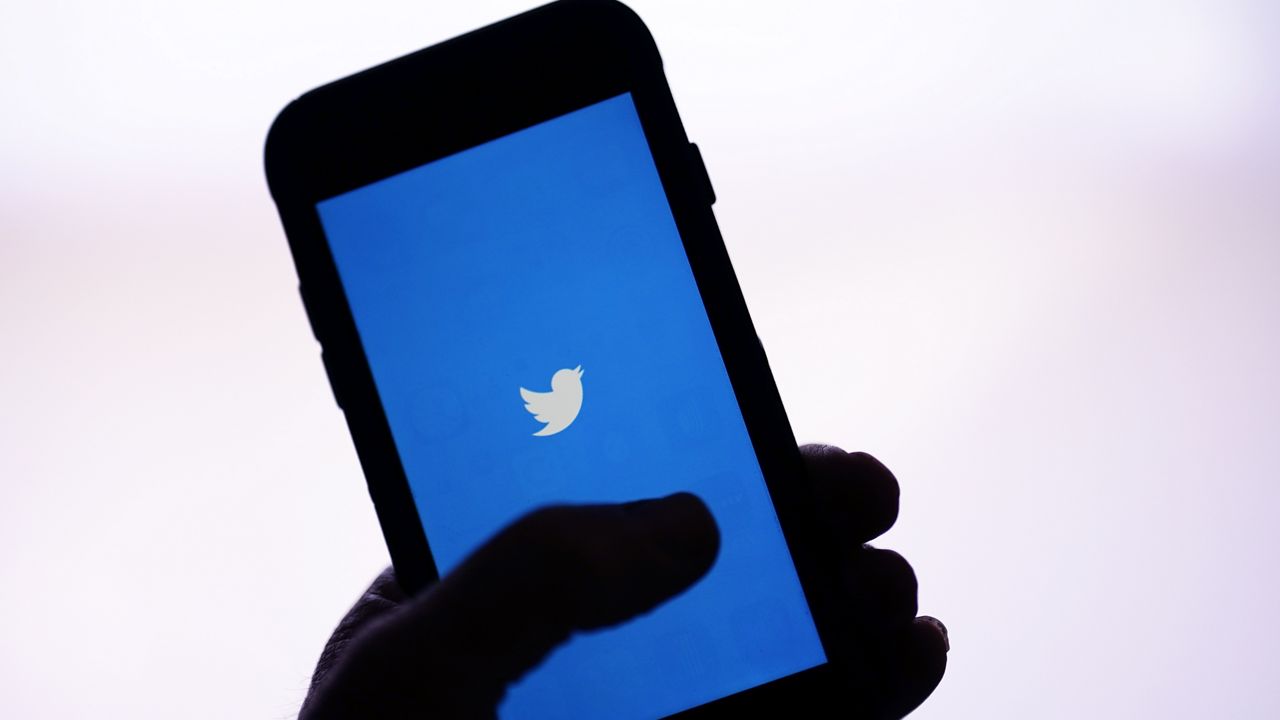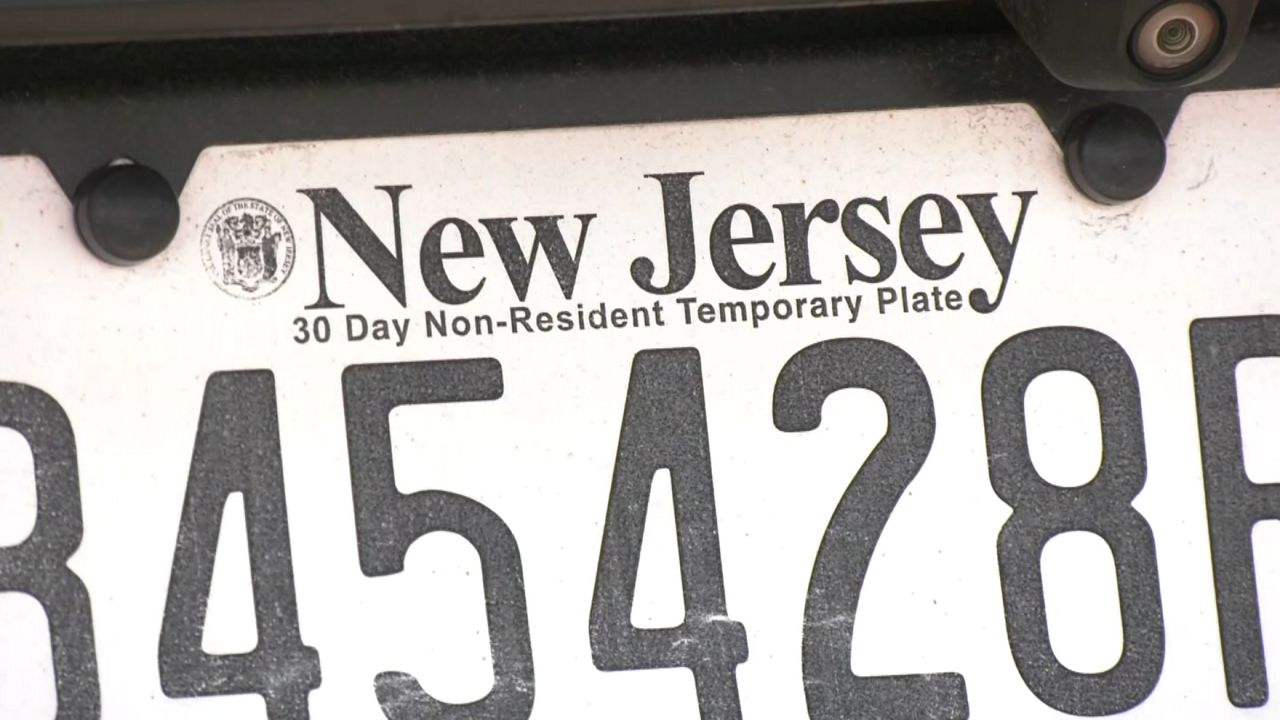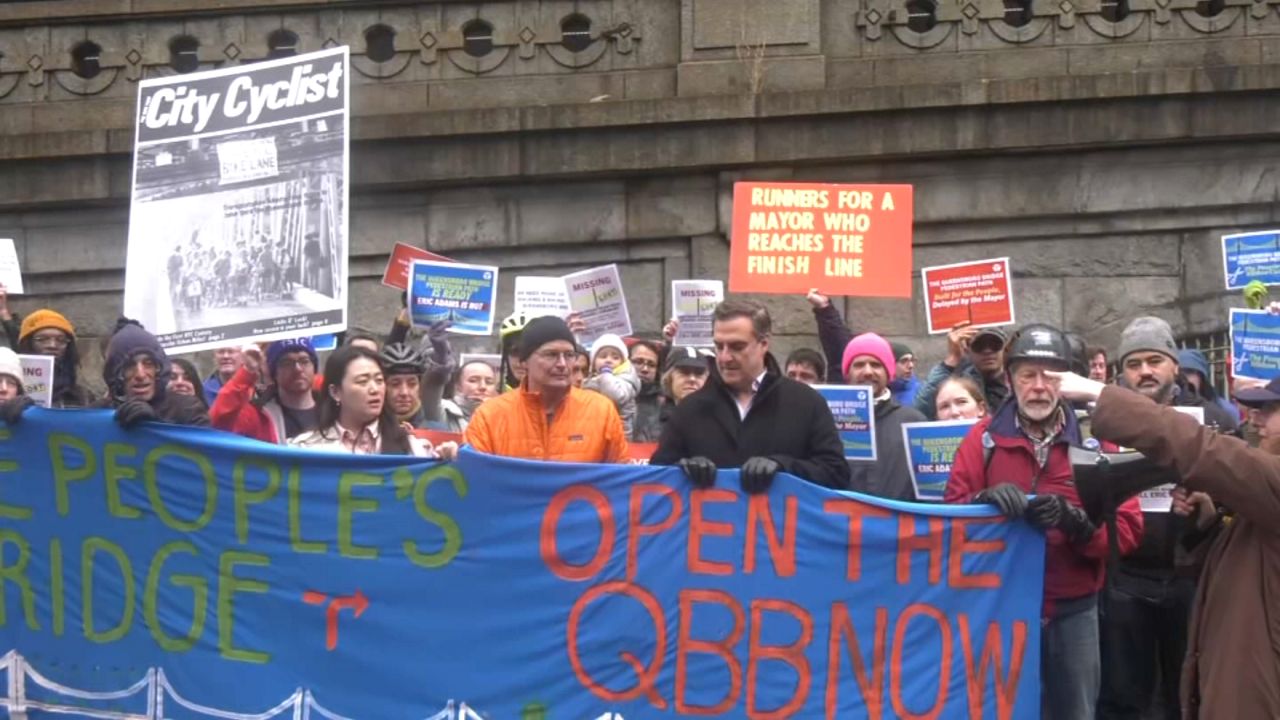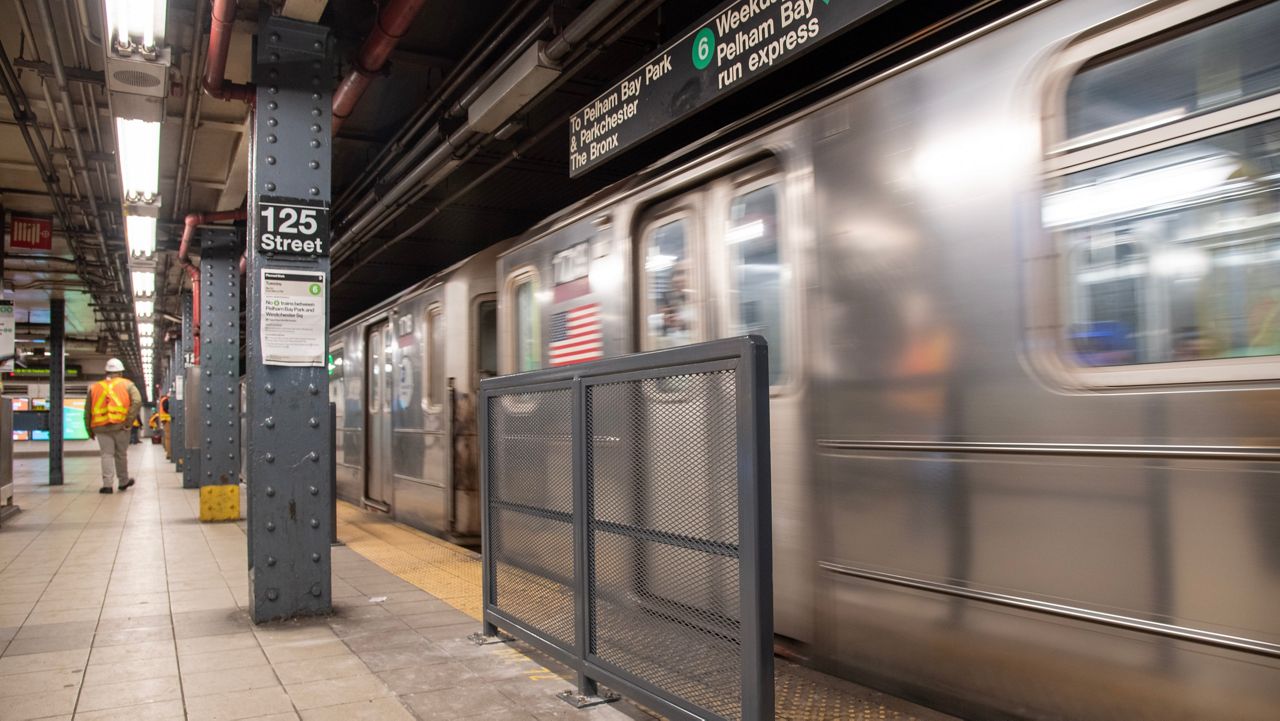The MTA suspended its real-time Twitter service alerts this week, citing the platform’s plan to charge some users thousands of dollars to send out automated tweets.
In a statement released Thursday night, the MTA’s acting chief customer officer, Shanifah Rieara, said the agency had “terminated posting service information to Twitter, effective immediately.”
“The MTA does not pay tech platforms to publish service information and has built redundant tools that provide service alerts in real time,” she said.
What You Need To Know
- The MTA suspended its real-time Twitter service alerts on Thursday, with an official saying the agency "does not pay tech platforms to publish service information"
- The agency's announcement came months after Twitter CEO Elon Musk announced he would roll out a paywall for the platform’s application programming interface, or API, which allows accounts to tweet out automated alerts
- MTA chair Janno Lieber on Friday said his agency faced an approximately $50,000 per month fee to retain its full API access
Rieara’s announcement came months after Twitter CEO Elon Musk announced he would roll out a paywall for the platform’s application programming interface, or API, which allows accounts to tweet out automated alerts.
While Musk has gone back and forth on the plan, with no set date for the change, MTA chair Janno Lieber on Friday said his agency faced an approximately $50,000 per month fee to retain its full API access.
“Honestly, the problem is that Twitter has become unreliable, and then on top of that, they’re asking big companies, very suddenly, you know, outfits like ours, even those that provide service information to the public, to pay 50 grand a month,” Lieber said at a press briefing. “That just wasn’t realistic, given our financial situation.”
Rieara also cited the platform’s instability in her statement, saying its reliability could “no longer be guaranteed.”
For the MTA, Twitter is no longer reliable for providing the consistent updates riders expect.
— MTA (@MTA) April 27, 2023
So as of today, we’re saying goodbye to it for service alerts and information.
But we're not saying goodbye to you, our customers! There are lots of ways to get real-time updates. ⬇️
The MTA’s ability to post service alerts was disrupted twice in as many weeks this past month, once on April 14 and again on Thursday, the agency said.
Going forward, the MTA will use its own tools to provide riders with real-time service updates, including email and text alerts, the MYmta and TrainTime apps and its homepage, Rieara said.
It will also continue to respond to questions and requests via Twitter, the agency said.
Asked if he felt the MTA’s decision would adversely affect riders, Lieber on Friday said the agency has “so many other avenues that riders use to communicate with us.”
“Twitter was only, I think, what, 15% of our customer communications? It’s a relatively small percentage of our customer interaction,” he said. “So we didn’t think it was fair to the riders to have them guessing every day whether Twitter was going to be there.”








